#Jacques Gilles
Text

Jacques Gilles
Jardins des Modes, February 1979
#Jacques Gilles#vintage fashion#vintage runway#vintage style#70s fashion#70s style#1970s fashion#1970s style
40 notes
·
View notes
Text
i love shots of the helmets like this like yes let me a) appriaciate the cool helmets and b) look at your pretty eyes
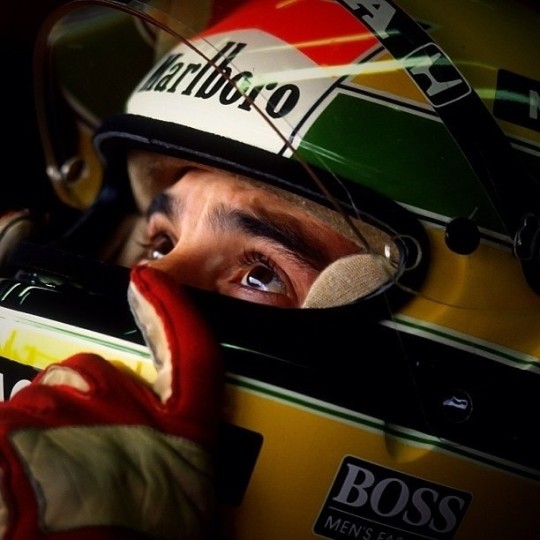

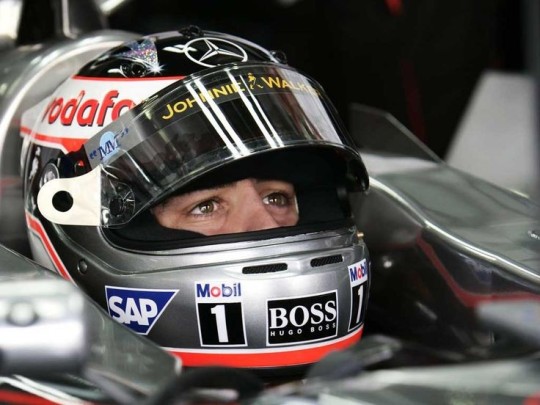

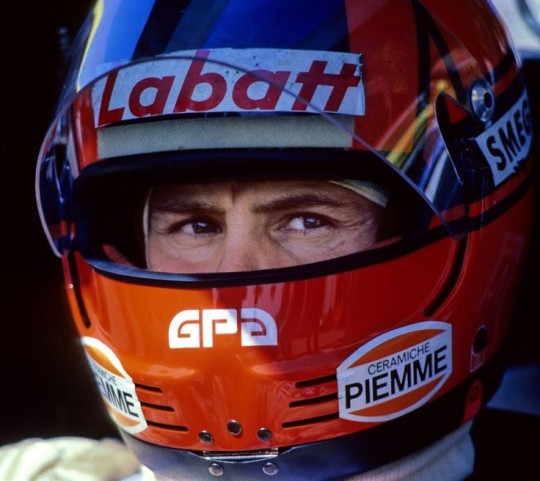
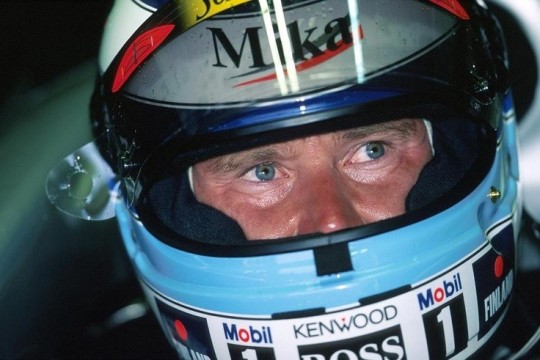
#formula 1#im a sucker for cool helmets#and pretty men#classic f1#in order:#ayrton senna#niki lauda#fernando alonso#jacques villeneuve#gilles villeneuve#mika hakkinen
183 notes
·
View notes
Text
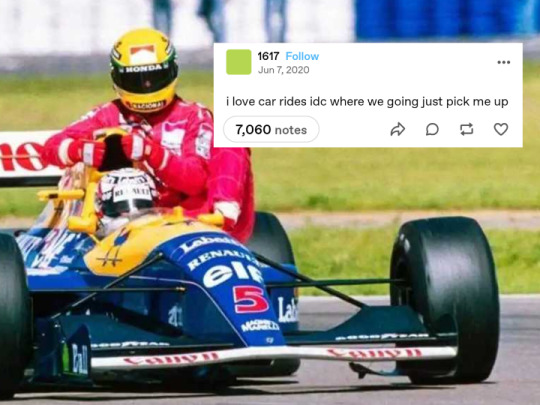
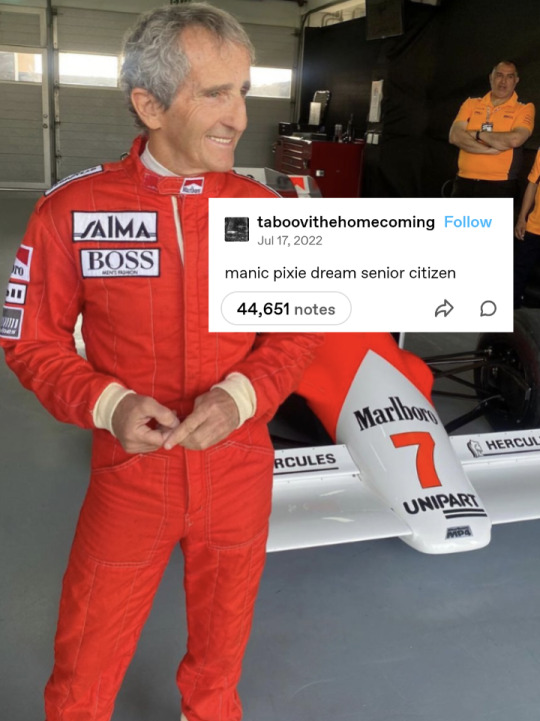
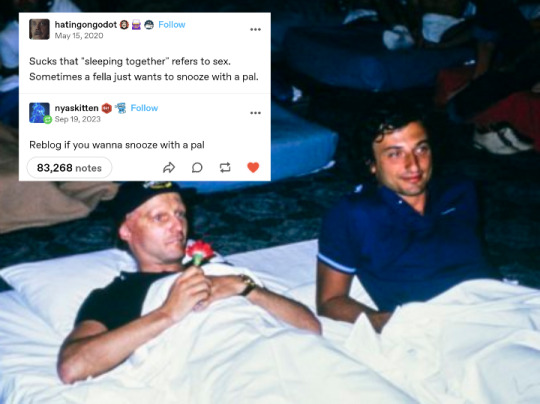



classic f1 + text posts, part 36/?
previous
#happy race week!!#f1#classic f1#formula 1#f1 1980s#alain prost#ayrton senna#elio de angelis#nigel mansell#niki lauda#keke rosberg#jacques laffite#riccardo patrese#didier pironi#gilles villeneuve#classicf1textposts
117 notes
·
View notes
Text


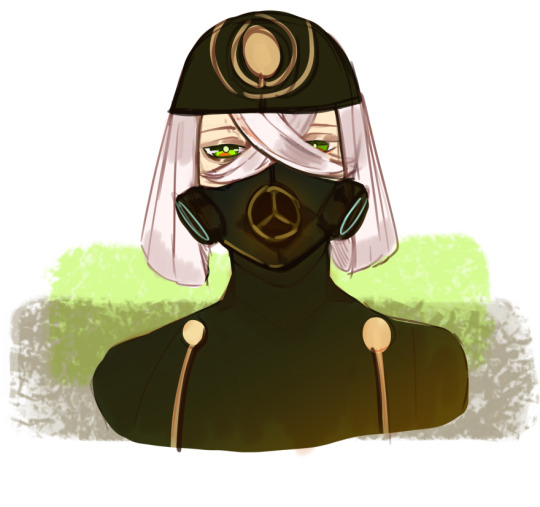
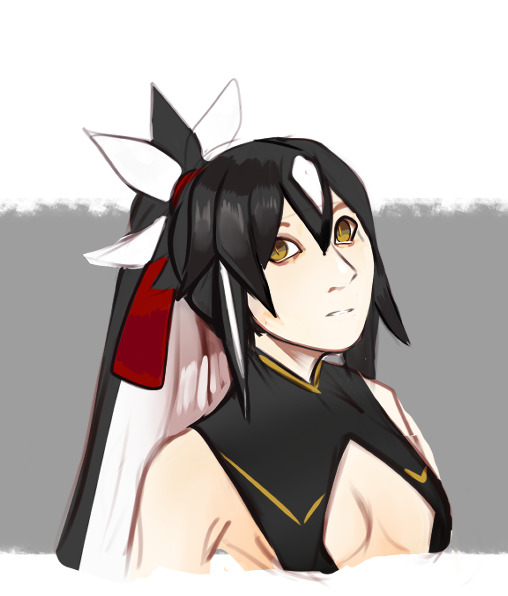
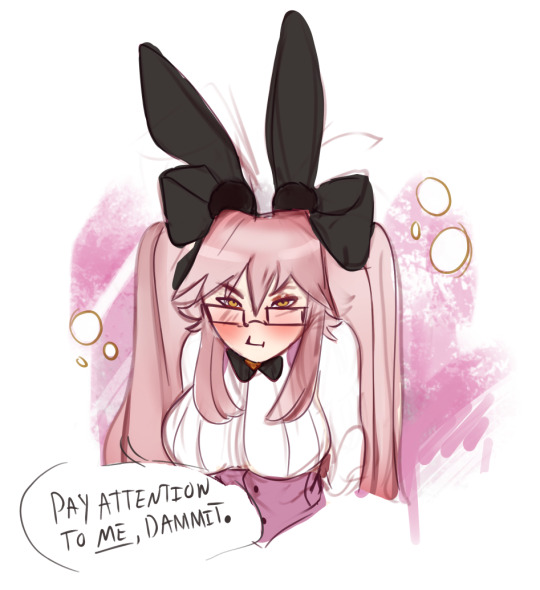


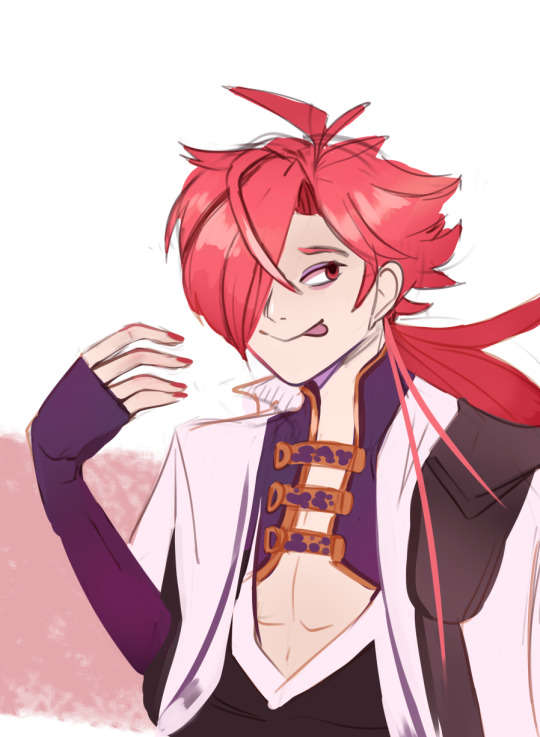
Some warm-ups, patreon requests, and raffle prizes!
#fgo#fate grand order#takasugi#molay#jacques de molay#sanson#charles-henri sanson#asclepius#kagetora#uesugi kenshin#koyanskaya#gilles de rais#avicebron#bediart#artists on tumblr#fate series
132 notes
·
View notes
Text

Edward Said
#edward said#jurgen habermas#gilles deleuze#tzvetan todorov#jacques derrida#raymond williams#stuart hall
39 notes
·
View notes
Photo
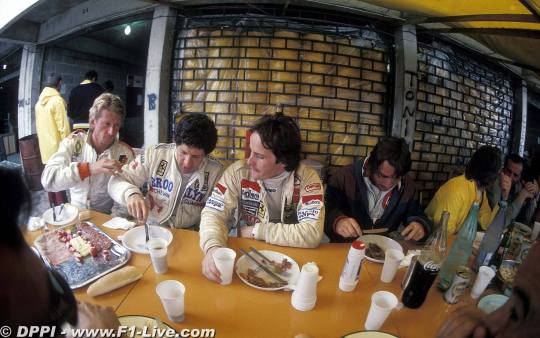


Grand Prix du Brésil - Interlagos 1980. - source F1 History & Legends.
#grand prix du brésil#interlagos#jean-pierre jabouille#jody scheckter#gilles villeneuve#didier pironi#jacques laffite
78 notes
·
View notes
Text

Jacques Villeneuve and his father, Gilles.
41 notes
·
View notes
Text
Okay so my first post is going to be about the link between capitalism and existential angst, which is the most on brand thing possible for me, so if you like this there’ll be much more of it and if not… sorry. 😅
I’ve always had a proclivity for angsty existentialism. Multiple times a housemate has found me sprawled on a sofa moping about the meaning of life which sounds really pretentious but idk I feel like on some level that’s just being a student. And it’s that material side of it that’s got me curious recently like - were these anxieties just a result of the kind of individualistic, listless existence a student inhabits? There’s probably a reason the stereotypes of angst are people with enough wealth to avoid work but not enough respect or expectations to have a solid idea about what they should be doing: Percy Shelley, Lord Byron, Søren Kierkegaard, etc.
In the first volume of his Critique of Everyday Life, Henri Lefebvre calls out Kierkegaard specifically as a prime example of bourgeoise alienation, the result of which was literally creating existentialist philosophy - the idea that we have to create meaning for ourselves by force of will and taking a leap of faith. Lefebvre claims that existential angst is always a result of some sort of alienation. When Marx formulated alienation as the psychological suffering we experience when we are separation from ourselves, each other, the products of our labour, and nature, he was thinking about the way the working class are made to suffer under capitalism, but Lefebvre expands the theory beyond this. He describes how alienation is always relative and present in all types of society for all people within it. Alienation is not just a result of individualism and exploitation - it also presents itself when we feel too far from someone we love, and when we are mystified by the natural world. Crucially, we are alienated when we become detached from the fact that we are dependent on others for our survival, something common to all the bourgeoisie.
Acknowledging this dependency would make us aware of the injustice of how these responsibilities are distributed (according to class, gender, race, etc.), and getting past the separation would require a radical change in lifestyle involving the rejection of the serving of the individual self so integral to bourgeoise morality. It’s hard! But with the lines between proletariat and bourgeoisie becoming more and more blurred with the expansion of the middle class, recognising this particularly bourgeoise suffering is important, I think, if we want to articulate a reason more people can get behind to resist capitalism.
People suffer when they’re separated from people, when their material existence feels so isolated and insignificant that they have to rely on spirituality to give them any sense of grounding, but are unable to be confident in their beliefs so can only ever relate to religion through anxiety (both my best friends speak of religion in this way, and before I read Lefebvre I was tempted to join them because it sounded better than the nihilism I was struggling with). Seriously, read any Kierkegaard and you will know he was not a happy guy. He wrote book called The Concept of Anxiety, and Fear and Trembling for God’s sake. He’s not okay! 🥺 But poor Søren might have been okay if he’d been a bit less self obsessed, acknowledged the value of *inter*subjectivity rather than pure responsibility, and actually married his fianceé rather than worrying about his independent morality, which was really just arrogance. I sound mean but I love him really. He’s very entertaining and *painfully* relatable.
But this is why I find Simone de Beauvoir to be the absolute best of the existentialist canon, because she recognises the need for recognition and connection, even for the powerful. In The Ethics of Ambiguity, she writes about how even tyrants suffer in hierarchical societies because they can never know authentic respect, since people always see their power and the threat implicit in it rather than their whole humanity. This doesn’t mean that we should never violently resist tyranny, because individualism is hard to overcome, even when it’s self-sabotaging, but awareness of this could get more people on the side of equality. This idea is apparently supported empirically in The Spirit Level, by Richard Wilkinson and Kate Pickett, but I haven’t read that one yet. I like to put it in Spinozist terms: the satisfaction of one desire can be excessive when it blinds us to our other needs and presents us from feeling other forms of joy.
On how it can be overcome though, I think Judith Butler offers an interesting frame for thinking about it. Though they’re best known for their work on the social construction of gender, my favourite book of theirs is Giving An Account of Oneself, where they write about how our mental life is a product of all our previous experiences, especially with other people. This seems obvious on some level, but it really undermines individualism. In particular, it deconstructs the distinction between attacking parts of yourself and attacking other people. If our internal and external lives are so interlinked, is it really surprising if attacking ourselves isolates us? Recognising that other people are in some sense present within us is conducive to greater intimacy, and though this can be uncomfortable if we dislike part of them, that doesn’t make it less true, and recognising this can make us more compassionate with everything within us. Self-hatred and hatred of others are intimately connected, and they reinforce each other.
I like to think of the relationship between different parts of myself in terms of Deleuze and Guattari’s machinic unconscious, where our minds are made up of interlocking parts from the larger social context. I think differ though in wanting to negotiate and find equilibrium between them rather than experimenting by letting certain parts go to extremes to make change though. I like the way Jacques Derrida writes about it in The Politics of Friendship, where to recognise the other in oneself, and so recognise the misalignment within ourselves, requires us to be a friend to oneself, which makes friendship so central that it undercuts any potential narcissism because by loving oneself as an other we learn to love others better (as well ourselves).
This doesn’t address the concrete politics of the situation though. The aspect missing is that we have to think of ourselves as inextricably linked to our social and political systems, part of a historical process, and our feelings about those systems are a very real part of that process, and if we want to be true to ourselves we have to act on those feelings rather than repress them. I’m still working out what that means for myself, and as Lefebvre notes it’s this final hurdle that most people fail at, but we can all try.
That kind of went all over the place, but hopefully it’s understandable and valuable, and if not it was helpful for me to articulate all these ideas that have been swirling around in my head for the past year or so. 😅
#existential angst#existentialism#marx#karl marx#henri lefebvre#simone de beauvoir#judith butler#soren kierkegaard#alienation#interdependence#individualism#deleuze and guattari#gilles deleuze#derrida#jacques derrida#deleuze#capitalism#bourgeoisie#communism#anarchism#spinoza#psychoanalysis#politics#social theory#sociology#philosophy
33 notes
·
View notes
Text
"For Deleuze, the same assessment applies to Lacanian psychoanalysis as to the French novel, which is claustrophobic, closeted, closed-in upon itself to the point of a onanistic jubilation and neurotic self-obsession." Rosi Braidotti, Becoming Woman: Or Sexual Difference Revisited
11 notes
·
View notes
Text
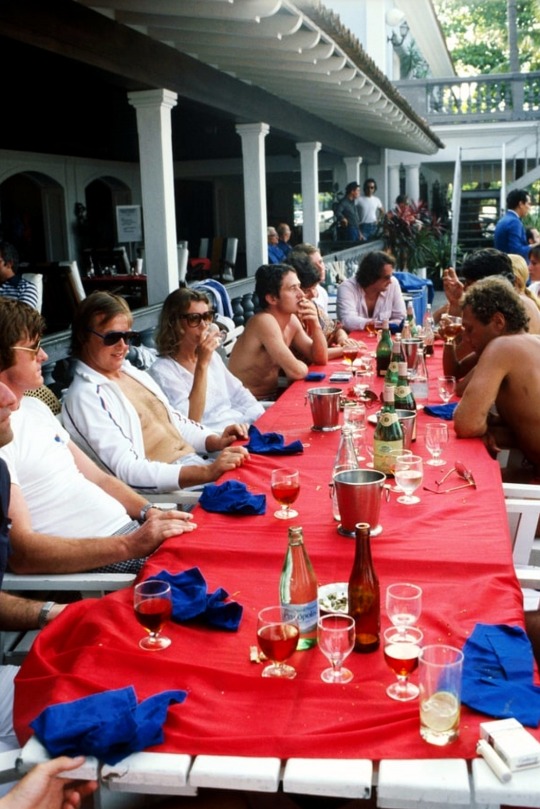
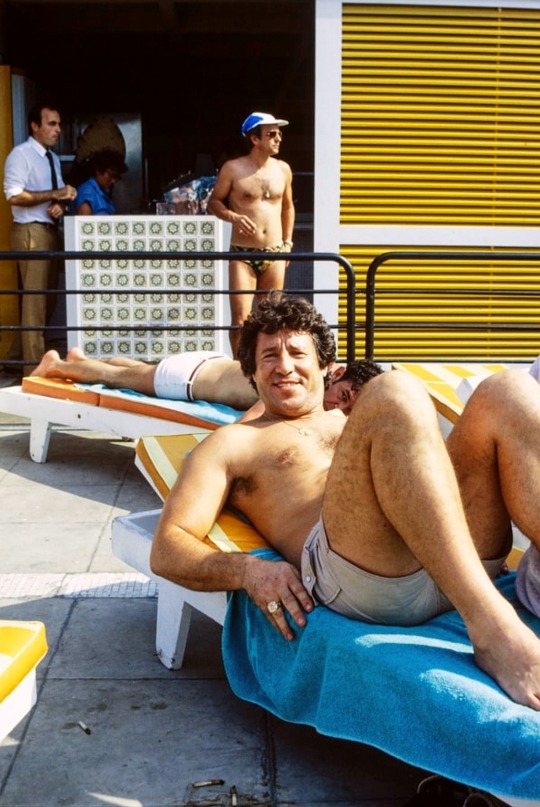
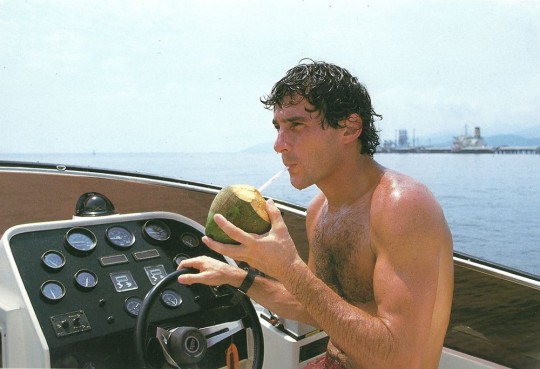

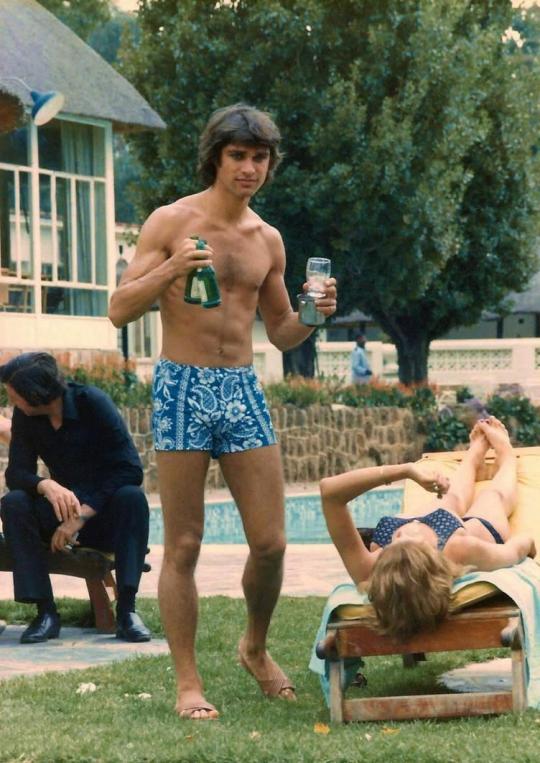


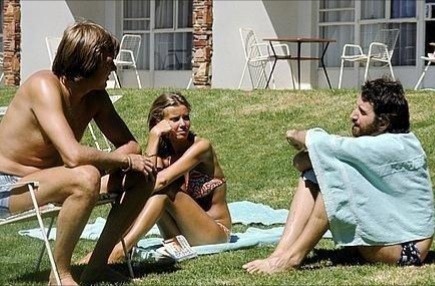


Classic F1 x summer
#ngl wish I was carelessly swimming in a pool rn#anyways.. happy summer I guess lol#the vibes that these photos exude aaah#if you have any classic f1 photos with summer vibes feel absolutely free to add them! <3#ronnie peterson#patrick depailler#mario andretti#ayrton senna#elio de angelis#michele alboreto#andrea de cesaris#francois cevert#rene arnoux#alain prost#gilles villeneuve#didier pironi#john watson f1#jacques laffite#stefan johansson#classic f1#f1#formula 1#retro f1#f1 1970s#f1 1980s#f1 1990s#btw I hate summer lmao despite being a summer child ugh
202 notes
·
View notes
Text
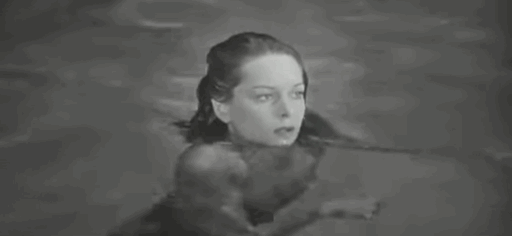
L’astrazione lirica è un procedimento diverso. Abbiamo visto come essa si definisca attraverso il rapporto della luce con il bianco, ma come anche l’ombra vi conservi un ruolo importante, sebbene assai differente dal ruolo che occupa nell’espressionismo. Il fatto è che l’espressionismo sviluppa un principio di opposizione, di conflitto o di lotta: lotta dello spirito con le tenebre. Invece, per i sostenitori dell’astrazione lirica, l’atto dello spirito non è lotta, ma un’alternativa, un fondamentale «aut-aut». L’ombra, di conseguenza, non è piú un prolungamento all’infinito, o un’inversione che ha luogo al limite. Non prolunga piú all’infinito uno stato di cose, ma esprimerà un’alternativa tra lo stesso stato di cose e la possibilità, la virtualità che lo supera. Cosí Jacques Tourneur rompe con la tradizione gotica del film dell’orrore; i suoi spazi pallidi e luminosi, le sue notti su fondo chiaro ne fanno un rappresentante dell’astrazione lirica. Nella piscina del Bacio della pantera, assistiamo all’attacco solo attraverso le ombre proiettate sul muro bianco: si tratta della donna diventata leopardo (congiunzione virtuale), oppure soltanto del leopardo che è fuggito (connessione reale)?
Gilles Deleuze
6 notes
·
View notes
Text
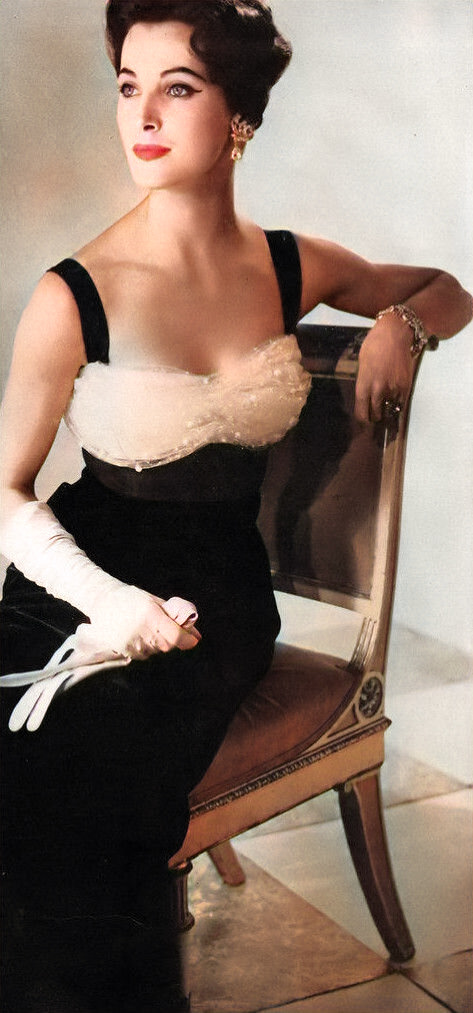
❤️❤️❤️❤️❤️
Jacques Griffe Haute Couture Fall/Winter 1956-57 Collection. Photo by Frances McLaughlin-Gill. Model Ann Farrar.
Jacques Griffe Collection Haute Couture Automne/Hiver 1956-57. Photo Frances McLaughlin-Gill. Mannequin Ann Farrar.
#jacques griffe#collection haute couture#french designer#french style#fall/winter#automne/hiver#1956-57#fashion 50s#frances mclaughlin gill#ann farrar#evening gown#robe du soir
60 notes
·
View notes
Text
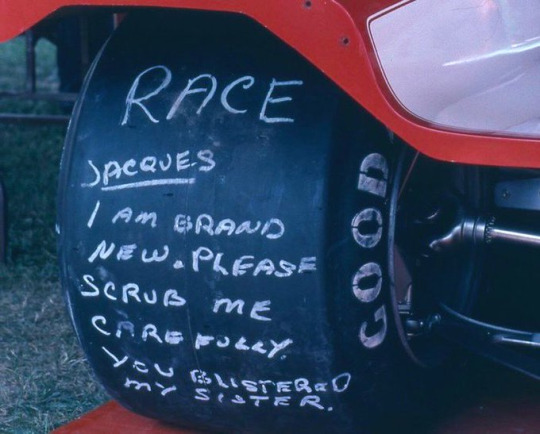
this pic is from a Can-Am Cup race in 1983 - Jacques Villeneuve Sr. (younger brother of Gilles) got a little tyre wear advisory from his mechanics and it's hilarious
#racing#jacques villeneuve sr#can am#gilles villeneuve#YOU BLISTERED MY SISTER IS SUCH AN UNHINGED LINE??#THE TYRE MAFIA ARE GONNA GET HIM#“you come to me today on the day of my daughter's race start”
8 notes
·
View notes
Text

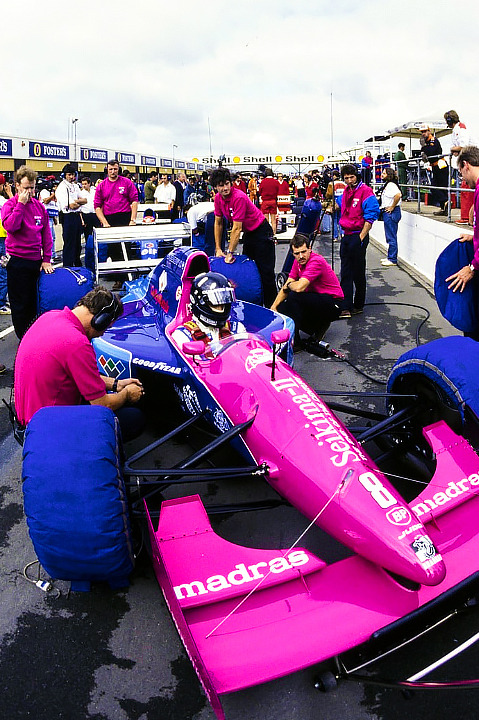
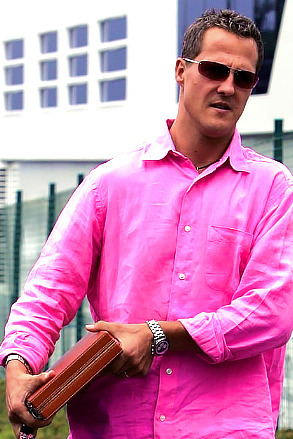
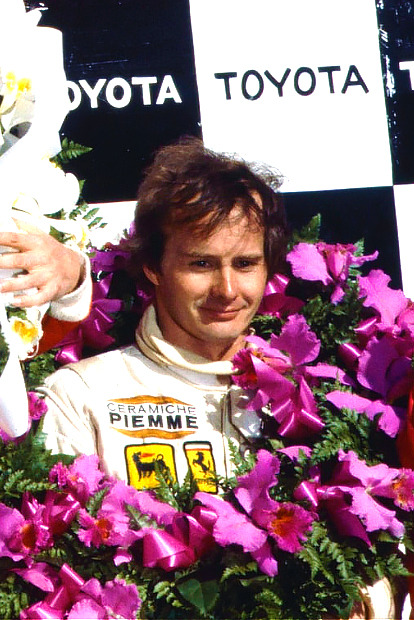
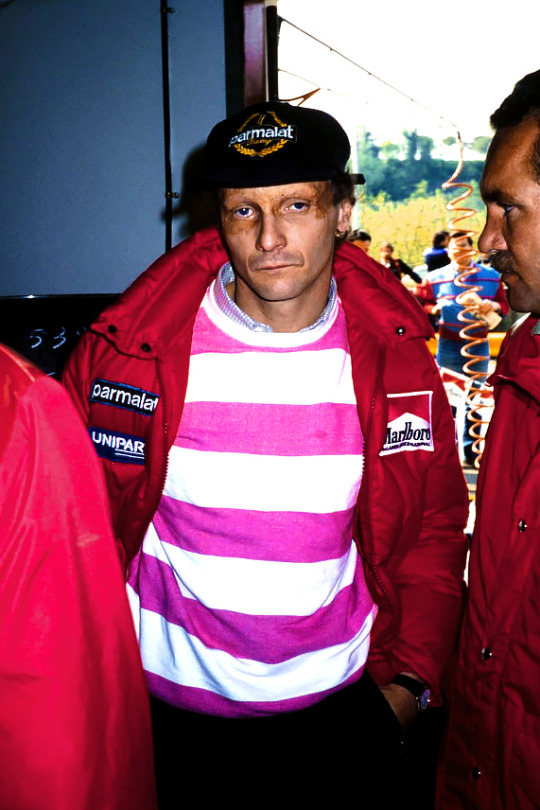


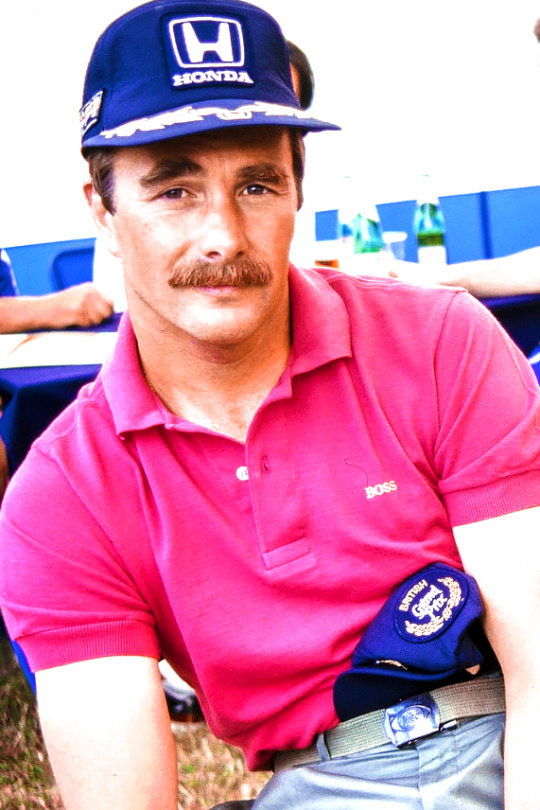

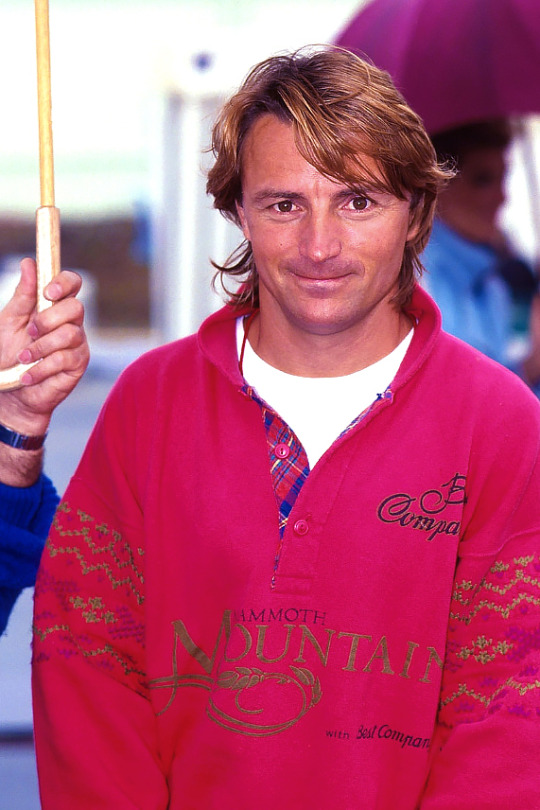
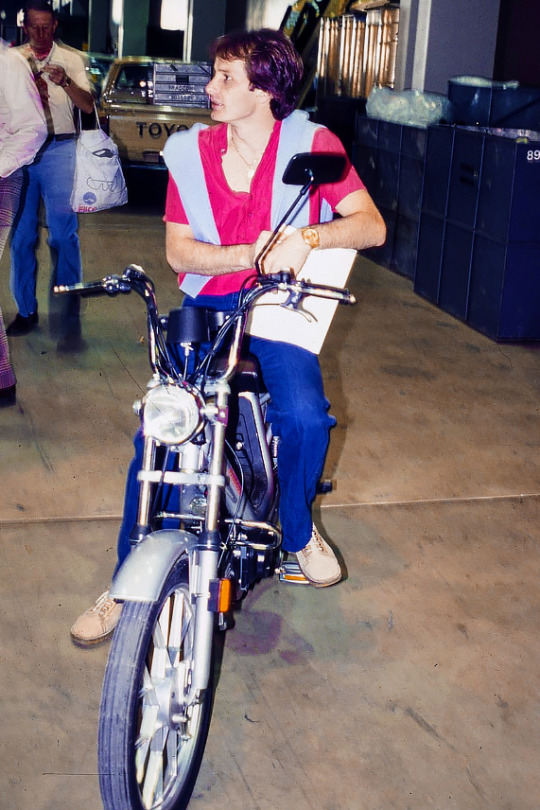




classic f1 but make it ✨barbie✨
#happy barbie week y'all#f1#formula 1#classic f1#oof let's try to tag this#alain prost#ayrton senna#damon hill#elio de angelis#jacques laffite#gilles villeneuve#james hunt#jacques villeneuve#keke rosberg#nigel mansell#niki lauda#rene arnoux#michael schumacher#riccardo patrese
334 notes
·
View notes
Text
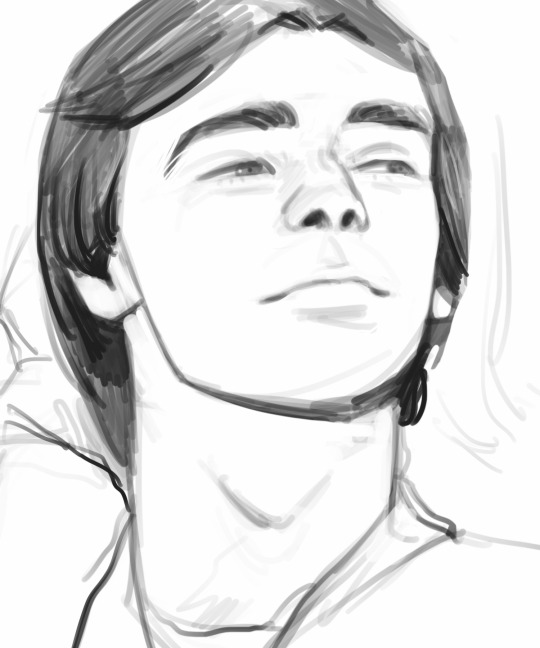
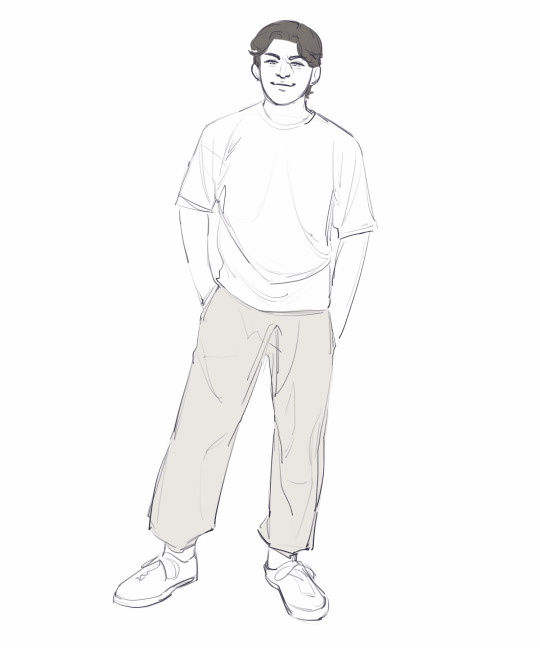
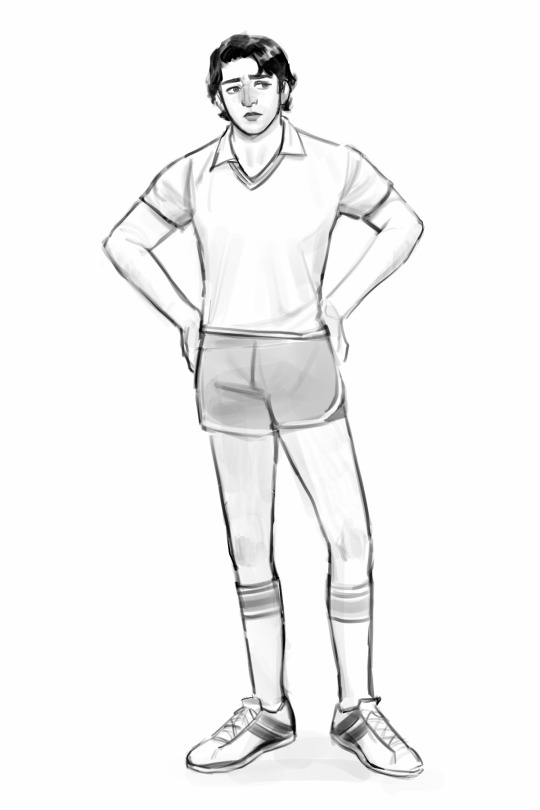
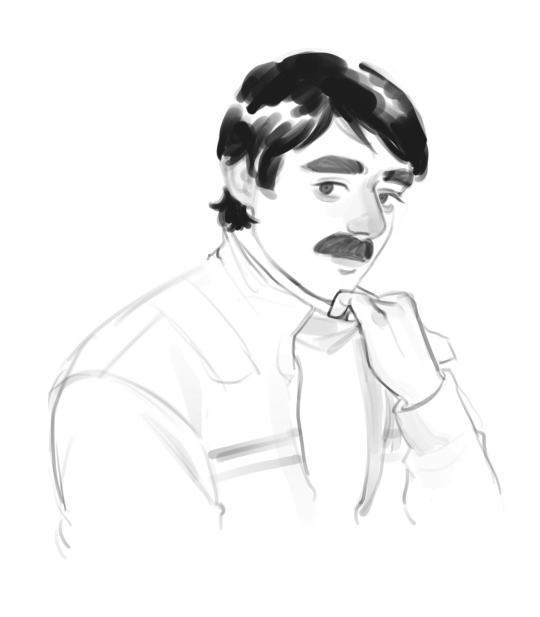
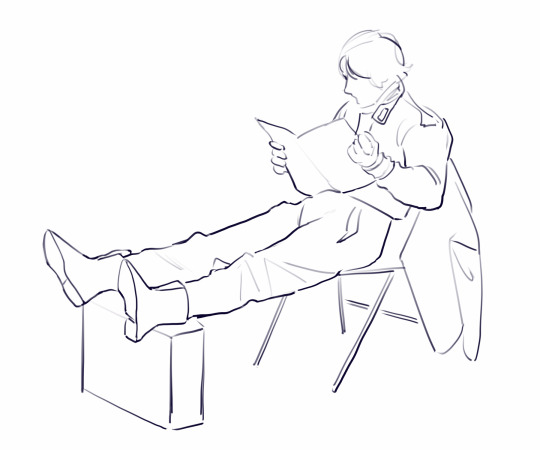
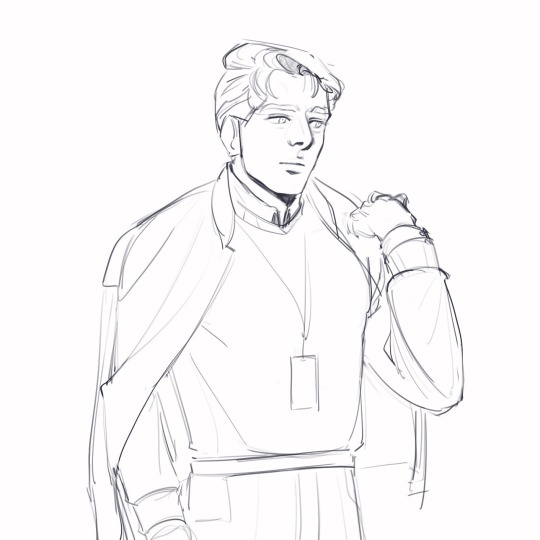
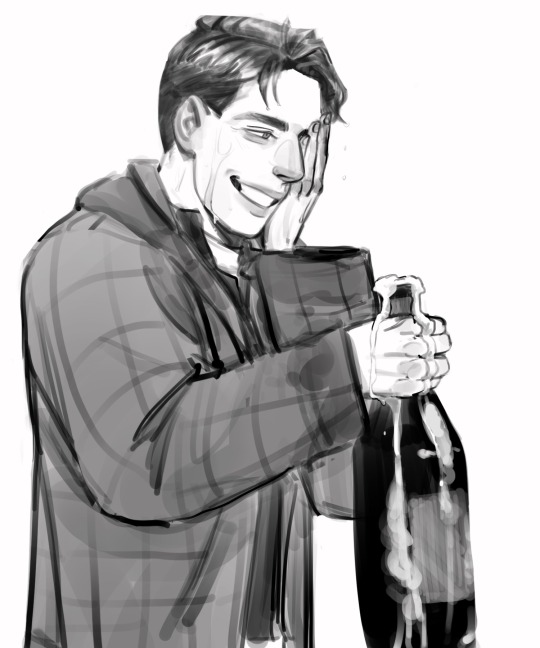

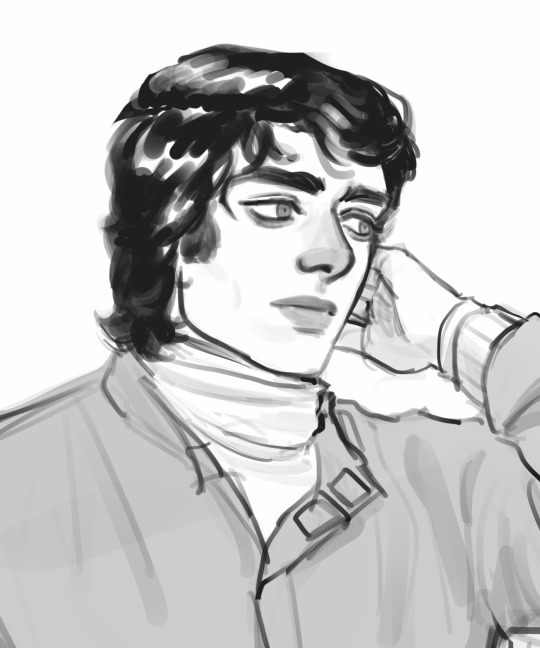
Didier, Jacques, Elio
Nigel, Gilles, Mika
Dan, Jim, and François
#didier pironi#jacques villeneuve#elio de angelis#nigel mansell#gilles villeneuve#mika häkkinen#dan gurney#jim clark#françois cevert#mika hakkinen#francois cevert#I should post probably post doodle dump by categorising drivers from now on sgsngsdnb this is too many to tag#retro f1#classic f1#f1 art#my art
111 notes
·
View notes
Text
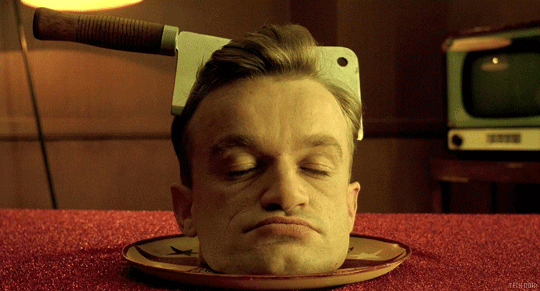
.
Nobody is entirely evil: it's that circumstances that make them evil, or they don't know they are doing evil.
Delicatessen, Marc Caro and Jean-Pierre Jeunet (1991)
#Marc Caro#Jean Pierre Jeunet#Gilles Adrien#Dominique Pinon#Marie Laure Dougnac#Jean Claude Dreyfus#Karin Viard#Ticky Holgado#Anne Marie Pisani#Edith Ker#Rufus#Jacques Mathou#Howard Vernon#Darius Khondji#Carlos D'Alessio#Hervé Schneid#1991
9 notes
·
View notes